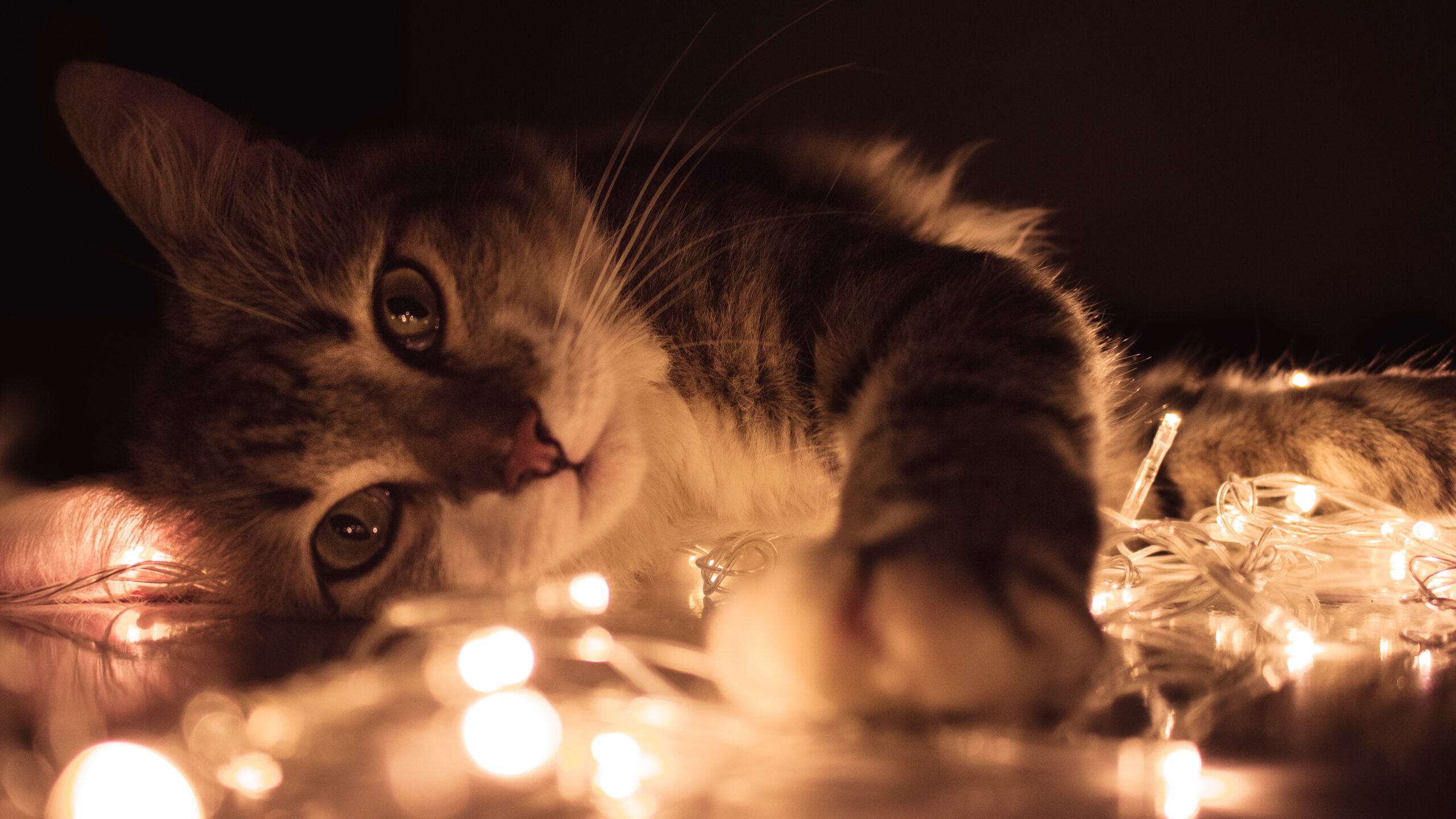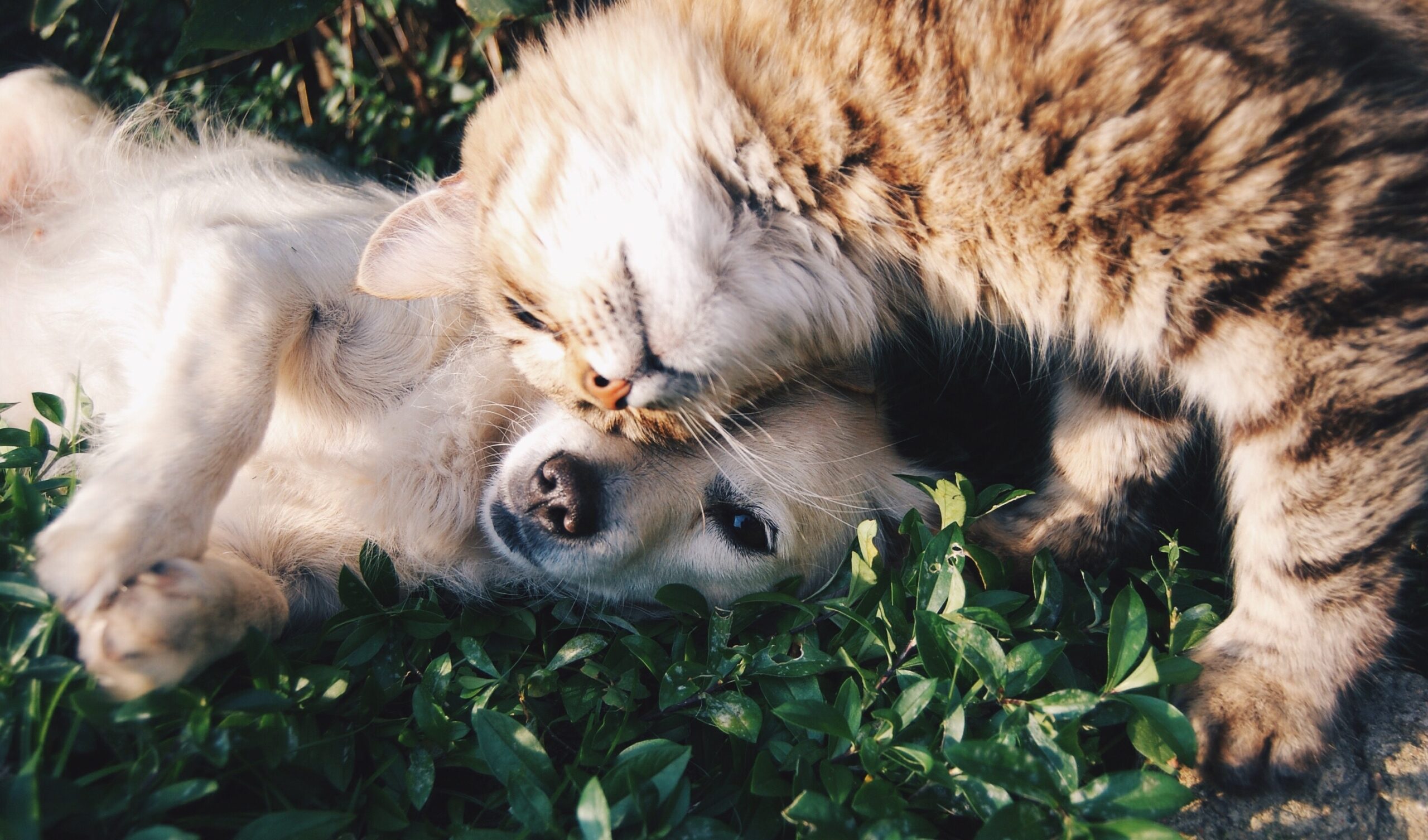
by Margejane | Cat Accessories
Feline otitis is the inflammation of the epithelium that lines the auricular pavilion and the ear canal. It is a condition that is usually common in young cats that have abundant fur in the area near the ears or spend a lot of time outside. That is why cats who spend many hours outdoors and are exposed to traces of dust and dirt are often victims of otitis..
It seems that the presence of the Otodectes cynotis* mite is the origin of this disease, although the bacteria Pasteurella multocida* , Pseudomona aeruginosa* , Proteus and E. coli or the Malassezia fungus* may be behind feline otitis. Likewise, the remains of dust, moisture, leaves and dirt can cause this ailment.
Symptoms of otitis
The most obvious symptoms that our cat suffers from otitis are the following:
- Meowing a lot.
- Dislikes having his head stroked.
- The ears usually give off a strong odor and have a lot of wax.
- The ears have redness and swelling.
- Small bald spots can be seen in the area of the ears caused by excessive scratching.
- The cat maybe highly irritable …
- If the pain is felt in one ear, it can manifest frequent head tilts to the side that hurts.
- In addition to pain and discomfort, otitis usually causes hearing loss, so it is important to treat it as soon as possible so that the infection does not aggravate this problem.
Treatment of Otitis
If you notice some of the above symptoms in your cat and suspect that it has otitis, you must go to the veterinarian to examine the animal and confirm the diagnosis. If the ailment is finally confirmed, your veterinarian will prescribe antibiotics to end the presence of bacteria and eradicate the infection. If it is confirmed that it is caused by a fungus, instead of antibiotics, your vet will prescribe a fungicide to kill the microorganism.
On the other hand, if the cause of otitis is a leaf or other element that has been introduced into the ear canal, after its removal, your vet will most likely prescribe a topical medication. Pain medication may also be prescribed.

by Margejane | Cat Behaviors
How can we know if our cat is happy and loves us? Through these signals:
- It uses you as a bed or mattress
It doesn’t matter if you’re trying to sleep or watching the series you like on the couch. Your cat lies on your chest or on your stomach. That shows that he loves being with you.
2. Purrs when you stroke it
When we take it and we caress it purr of pleasure, it feels comfortable and enjoys our contact.
3. He rubs on you
Either the head or its body. The owners of happy and beloved cats attend to these unique caresses that these felines lavish on their owners when they come home from work or are cooking, for example.
4. Your cat looks lovingly at you
Sometimes your cat will focus all his attention on you and stare at you. This often means that something you’re doing (or eating) is of great interest to him.
5. Your cat craves your touch
Either when he uses you like a mattress or when he is next to you, he demands pampering. To do this, he usually turns on his back and even meows to get you to listen to him.
6. Your cat leaves you “presents”
Cats can give their owners dead animals that they have hunted, like insects, a little mouse or bird (another good reason to keep your cat indoors!) … not the most pleasant booty, but for him, it is a great feat and he gives it to you as a sign of affection.
7. He calls you with his meows
Sometimes he demands your attention by meowing. Pay attention. It’s your cat’s way of communicating with you.
8. When your cat plays with you
Your cat will claim all your attention to play with you. And for that, it may bite you gently and even scratch you. The little “love bites” and occasional scratching for them is common and is part of the game itself.
9. He loves to caress you
In addition to his meowing, he can claim your attention by caressing you. It’s his way of telling you how much he loves you.
10. Your cat snuggles up next to you
If at bedtime he huddles next to you, it is an unequivocal sign that he trusts you completely, to the point of resting next to you in search of safety and warmth. What better sign that they love you madly?

by Margejane | Cat Health
Aggressiveness in cats is a natural defense mechanism that helps them stay away from others. The problem arises when the cat also attacks. His previous behavior warns us: he growls, stares at us, lifts his body, ears and tail, his fur bristles and his pupils’ contract. When this happens, it is advisable to leave the cat for a while until the cat calms down and consult with your veterinarian to determine if this behavior is physical in origin or, if not, if the cat’s aggressiveness can be helped through behavior modification or medication.
In some cases, a disease such as hypothyroidism can cause aggressiveness. Similarly, muscle and bone pain, such as arthritis, can also cause your cat to rebel when you approach pet it. Cats may display aggressive behavior if they are overstimulated, such as when being bathed or petted too much.
Help your cat feel better
In addition to following prescribed treatment, there are additional things you can do to help your cat. Follow these tips:
- Find your cat a place to be alone and quiet. A kitty condo, even a closed box lined with a soft blanket or towel with an entry cut into it can provide a safe and secure environment for your cat.
- Praising your cat’s good behavior and rewarding with treats can be encouraging.
- Play with your cat if he wants to get close – that’s a good sign! If he touches you and wants to play, get his favorite interactive toy and play.
- Get him used to interacting with other pets. On some occasions, the aggressiveness is due to your cat having trouble relating to other animals in the home. Be patient and never force the cat to interact with other animals. Time will tell if this antisocial behavior can be corrected or, as sometimes is the case, you just have a cat who prefers his solitude, in which case just accept that this is the way he is and love him as he is or, if this doesn’t work for you, consider giving him to a loving person or family where he will be the only pet.




Recent Comments